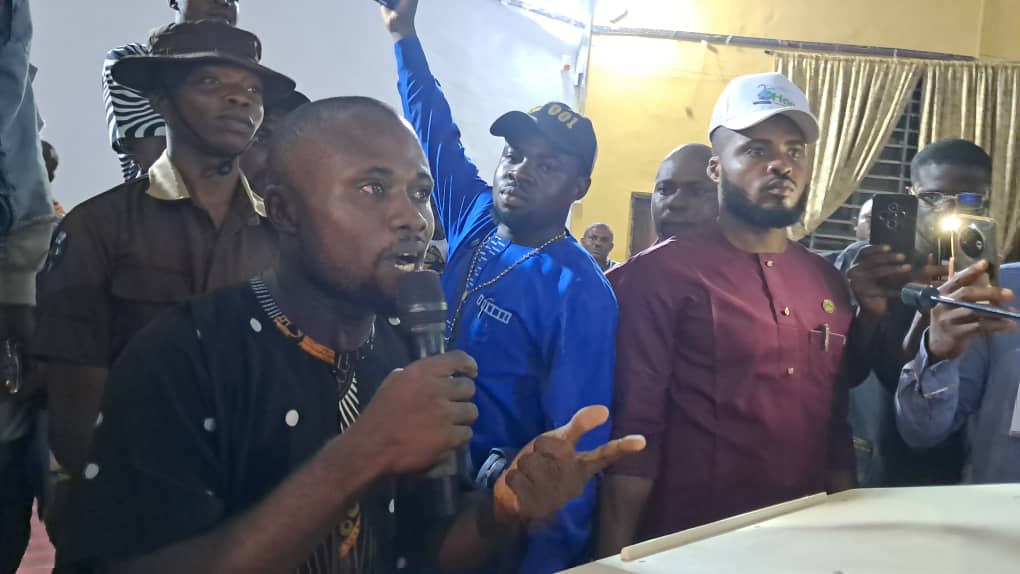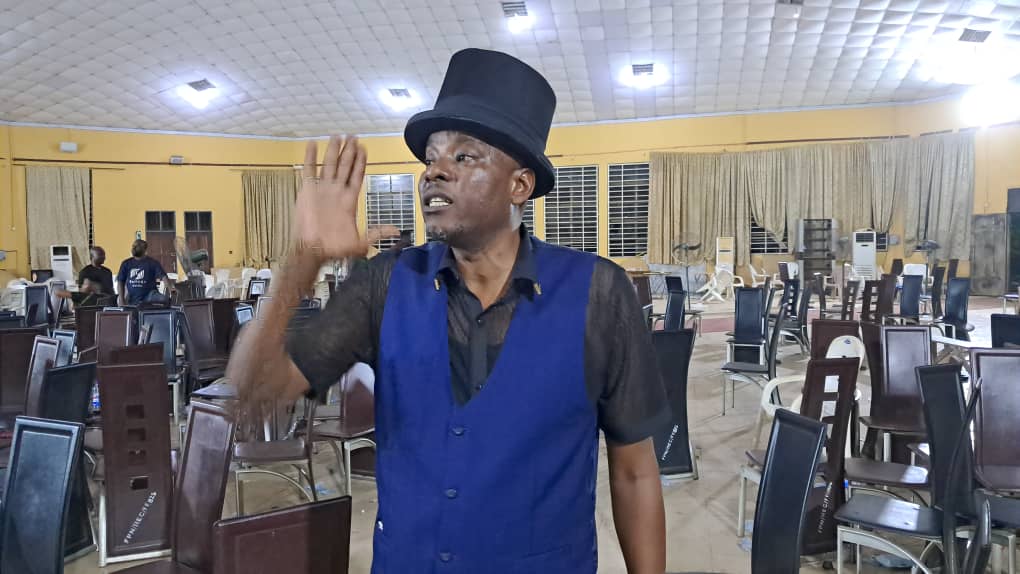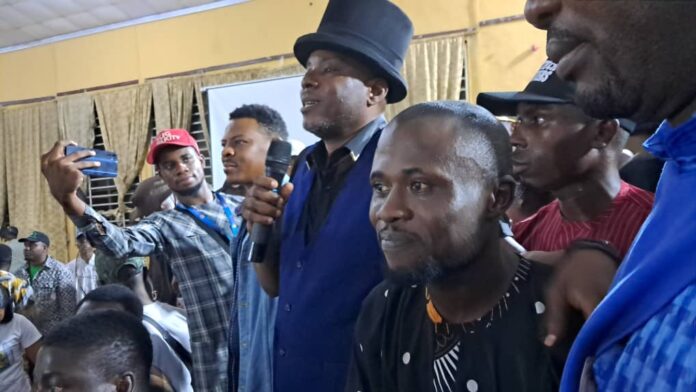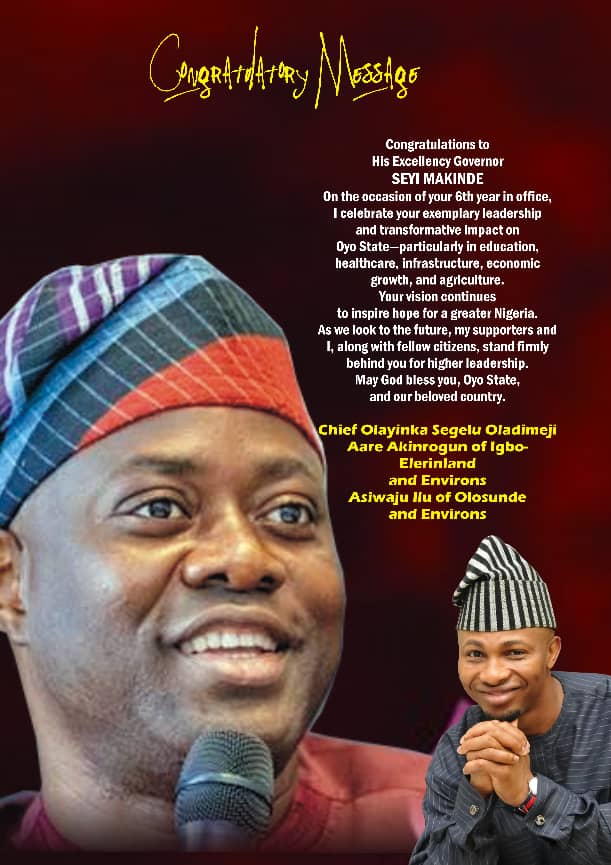In a landmark chapter for student democracy at the Federal Polytechnic Nekede, Owerri, the 2025/2026 Student Union Government (SUG) elections, concluded on Wednesday, July 9, 2025, signaled a transformative leap forward in leadership, transparency, and collective engagement.

In a press statement signed and made available to newsmen by Noble Uchegbu Uchechukwu Zachariah, Special Assistant to the Rector on Media Matters, the event was conducted within the institution’s iconic 1,000-seat auditorium, the election affirmed the Polytechnic’s growing legacy of credible, inclusive governance.

With over 1,200 students participating, the election witnessed a remarkable turnout that underscored the growing trust in the student electoral system.
The atmosphere was electric, as eager undergraduates queued to cast their votes in what many described as the most participatory election in recent years.
Though initial accreditation challenges arose in a few departments, swift intervention from electoral officials and Student Affairs personnel ensured a smooth and uninterrupted process. Security was robust, courtesy of the combined efforts of the Department of State Services (DSS), the Nigeria Police Force, the Polytechnic’s internal security team, and student security groups.
The process was closely monitored by independent observers, including the SUG Electoral Committee, FedPolyNek Ex-President Stakeholders Forum, FedPolyNek Alumni Association, and the South-East Zone F Secretary-General of the National Association of Nigerian Students (NANS), Comrade Alfred Jacinta Chinedu, who hailed the election as “transparent, credible, and worthy of emulation across Nigerian tertiary institutions.”
The climax of the event came with the announcement of results, sparking jubilant celebration among students. Nwosu Desmond emerged as the President-elect with 340 votes, defeating strong contenders Daniel Promise (270 votes) and Mbosowo Prince W. (230 votes). His victory was a resounding vote of trust and expectation from the student body.
For the position of Vice President, Ogbonna Esther secured a commanding 573 votes, reinforcing her broad appeal. The elections also produced credible outcomes across other offices, including Secretary General, Treasurer, Financial Secretary, Director of Publicity, Welfare, and Transport, most of which were conducted via yes/no ballots to affirm suitability.
Unlike past cycles often mired in controversy and manipulation, this year’s edition restored faith in student electoral justice and reflected a decisive shift toward ethical representation and principled participation.
The Dean of Student Affairs, Dr. Saint Paul Christopher, described the election as “a true reflection of student will and an inspiring milestone in the institution’s maturing democracy.”
He credited the success to a transparent process driven by student enthusiasm and the unwavering support of the Rector’s Office.
Speaking after the election, Rector Dr. (Mrs.) Basilia Nkemdilim Igbokwe commended all stakeholders — students, staff, security personnel, and observers for facilitating a peaceful and credible exercise. She reaffirmed her administration’s commitment to inclusive governance and leadership development, as emphasized in her transformative 11-Point Agenda.
According to her, “Student leadership remains a core part of our reform agenda. By nurturing responsible leaders today, we are shaping a more progressive institution for tomorrow.”
As the newly elected SUG executives prepare for inauguration and transition into office, expectations are high for a leadership that will be responsive, progressive, and collaborative. Students look forward to initiatives that promote welfare, academic advancement, and effective representation.
Indeed, the 2025 SUG election marks a turning point in Federal Polytechnic Nekede’s student governance narrative, a clear signal that the future belongs to leaders who will lead with vision, accountability, and purpose.
The Polytechnic has not merely conducted an election; it has pioneered a democratic movement rooted in student empowerment and institutional transformation.



